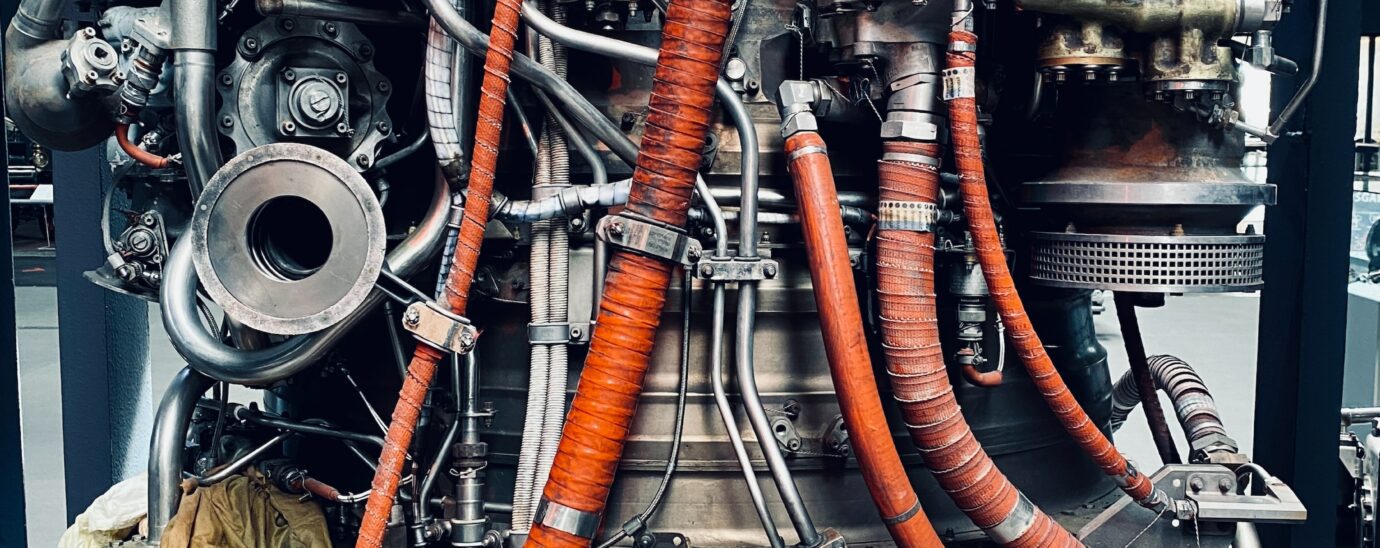Rise of the machines.

The fear of machines is not new. It can be traced back to the Industrial Revolution when people began to fear that machines were taking over their jobs. This paranoia was unfounded, as machines simply allowed people to work more efficiently. Meanwhile, the Industrial Revolution increased wages and a better standard of living for many people. Today, we face another technological revolution driven by artificial intelligence (AI). The old fears have thus come back again. “AI will take over our jobs and lives” seems to be the new rallying cry. Movies such as the Terminator series, which show machines becoming sentient and turning against their human creators, have only added fuel to the fire. However, this time it’s real! Even Elon Musk has warned of a “Terminator-like apocalypse” while the genius Stephen Hawking predicted it to be the “worst thing” in the civilisation’s history. According to research carried out by PwC, automation can contribute up to $15 trillion to global GPD by 2030 – one of the many reports that point to the perceived impending doom. A recent study found that 33% of women and 43% of men felt their job was at risk of automation in the future.
Codeclan – one of the only SQA-accredited digital skills academies in the UK; sheds light on what automation means in the truest sense of the word, how it will affect everyone’s employment prospects and skills that are essential to help navigate a post-automation world.
What is automation?
Automation, simply put, is the use of machines to do tasks that human beings would otherwise do. This can range from something as simple as a washing machine turning on and off automatically to more complex systems like self-driving cars. The main thing to remember is that automation removes the need for human intervention in a process.
How Does Automation Work?
Automation relies on a variety of sensors and actuators to function. Sensors detect things like changes in temperature or the presence of an object. Actuators then respond to these changes, for example, by turning a knob or opening a door. The most important part of automation is the control system since it tells the sensors and actuators what to do. The control system can be as simple as a few wiring diagrams or as complex as a computer program.
Automated machines can now perform many tasks that human workers once performed in hospital settings, such as blood tests and X-rays. This has led to a decrease in the time that patients must wait for their results.
Skills That Can Help Beat Automation
If you’re concerned about being replaced by a machine in your job, try an online tool like Robots, Jobs and Resilience or this ONS chatbot to find out how resilient your job is likely to be in the face of automation.
In either case; here are four skills that could be key to surviving a post-automation world ruled by machines:
1- Problem-solving
Problem-solving skills can help us in several ways in a post-automation world. For one, they can help us figure out how to use the machines that are doing more and more of the work. As automation increases, there will be less need for people to do specific tasks, but there will still be a need for people who can operate and maintain the machines. Those with strong problem-solving skills will be able to adapt to this change and find ways to use devices to their advantage.
In addition, problem-solving skills will help deal with the inevitable problems that arise when machines do more work. As we rely more on devices, there will be more opportunities for things to go wrong. Those who are good at problem-solving will be able to quickly identify and fix problems, keeping the world running smoothly.
2- Coding
People who code can create programs that automate repetitive tasks or tasks that would be difficult or impossible to do by hand. This can make work more accessible and efficient as we increasingly move toward automation.
3- Data
As technology advances, more and more jobs are being automated. Data skills allow individuals to understand and work with data generated by machines. This understanding is essential to optimise workflows and processes. Additionally, data skills enable individuals to develop models and algorithms that can be used to automate tasks.
Don’t hang the gloves just yet!
While it is true that automation can lead to job losses in the short term, it is also true that automation can lead to job creation in the long run. For instance, when ATMs were first introduced, there were concerns that tellers would lose their jobs. However, what ended up happening was that ATMs allowed banks to offer more services and extend their hours, which led to the creation of new jobs. Ultimately, automation can lead to job losses and creation, and it is impossible to say which will happen in any given case. But upskilling, in either case, seems like the intelligent thing to do!
